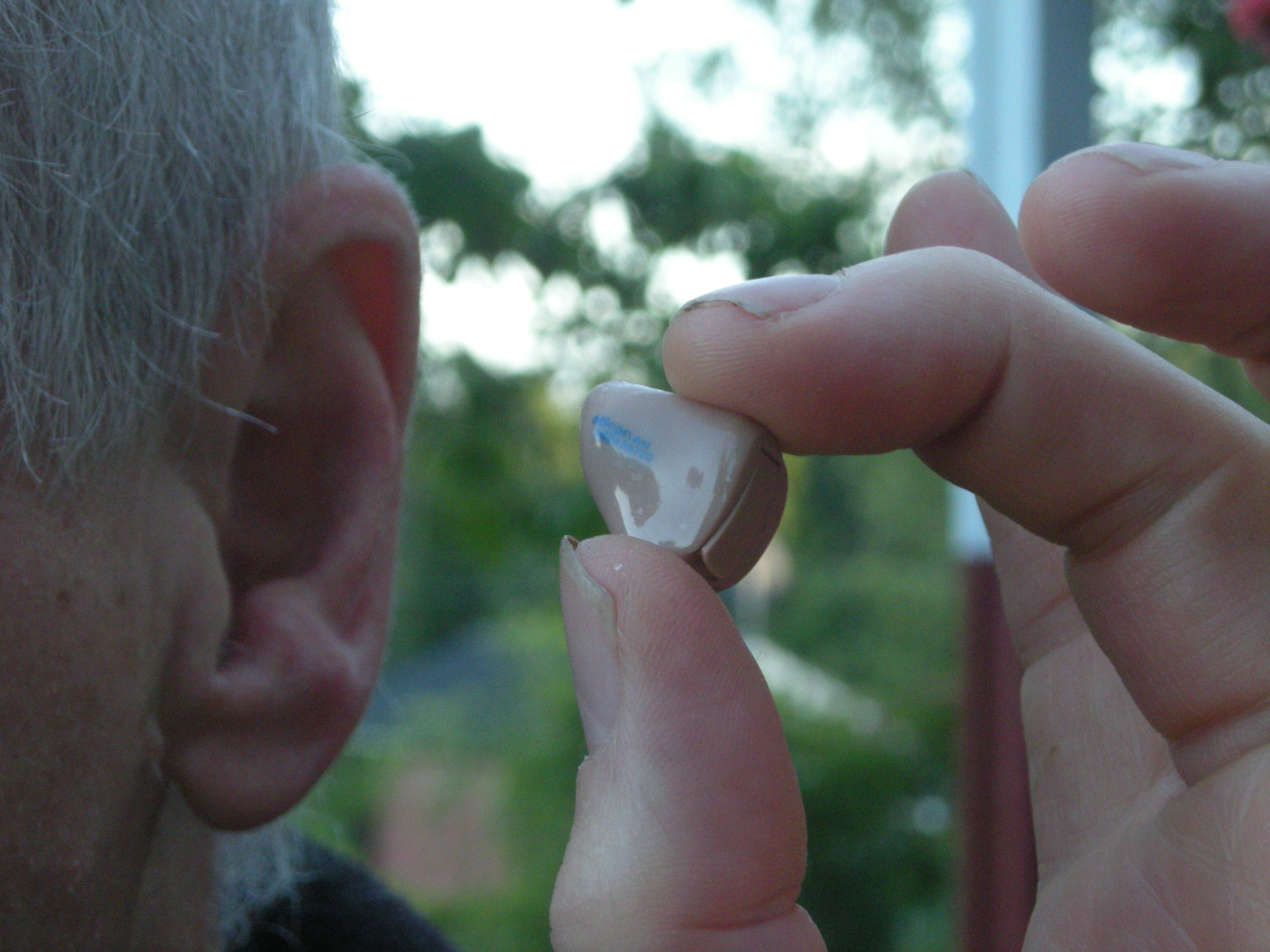Chemical ear defenders
Australian researchers have identified a chemical signal that shuts off hearing to protect against loud sounds. Manipulating this same system might be a way to combat age related and occupational deafness,  they say.
they say.
Writing in PNAS, UNSW scientist Gary Housley and his colleagues have discovered that, in response to vibrations produced by sustained exposure to loud sounds, within the cochlea, the organ that converts sound waves into nerve signals, there is a rise in the level of the chemical ATP (adenosine triphosphate).
This is picked up by structures called P2X2 receptors, which in turn shut down, over twenty minutes or so, the responses of the hair cells that normally respond to sound, protecting them from damage.
This chemical deafening effect persists for about 24 hours before the cells begin responding normally again.
"Everyone used to think that the temporary loss of hearing we experience after exposure to loud sounds was because of damage to the cochlea," says Housley. "But, in fact, this is a temporary, protective state brought about by the cochlea to protect itself."
The team made the discovery by working with genetically modified mice lacking the P2X2 receptor. Unlike normal controls, which showed a reduced ability to hear after moderately loud noise exposure, these P2X2-deficient animals showed no loss of hearing at all, proving that the temporary deafening effect of loud sounds is not due to damage.
These P2X2 knockout mice were, however, deafened permanently by much louder sounds, while the controls were not, proving that the effect is protective against noise-induced hearing loss.
The team do not yet understand the precise mechanism through which the protective effect is achieved, but Gary Housley suspects it prevents some sort of metabolic stress in the sound-sensing hair cells.
"We can speculate how this could be applied therapeutically," says Housley. "Despite noise-exposure control measures, there are many people, including servicemen and women, who are exposed to harmful sound levels. Anticipating that risk, we might be able to use this research to protect their hearing..."
- Previous Other habitable planets?
- Next Insects surviving extreme conditions





Comments
Add a comment